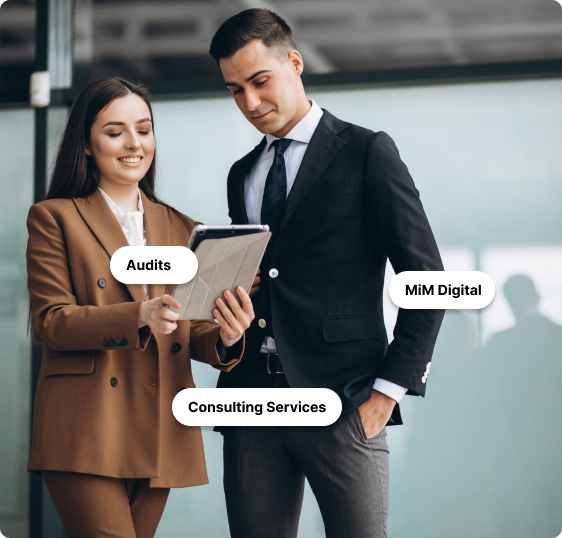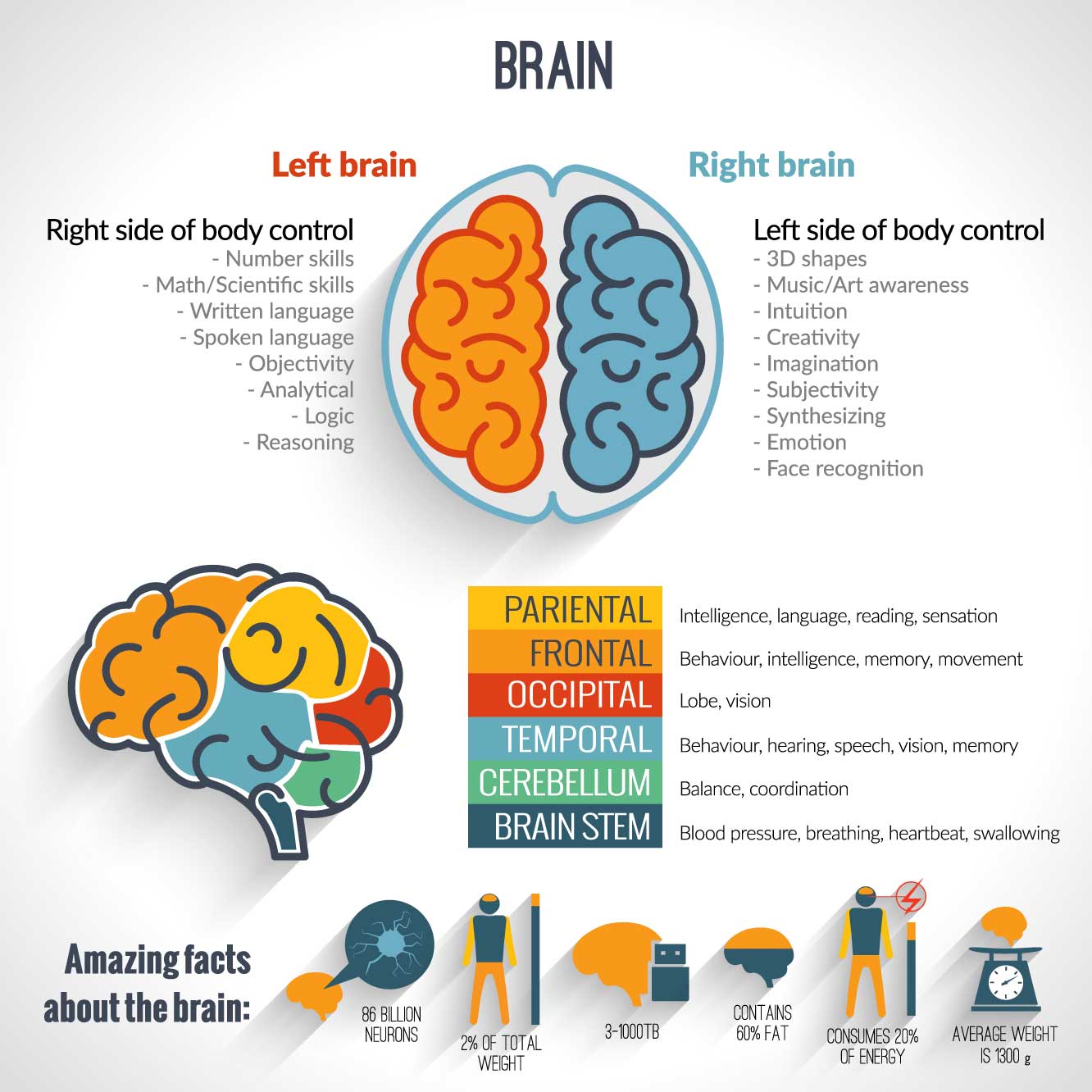ILM Accredited Business Coaching and Mentoring
As an ILM Accredited Centre for Coaching and Mentoring, our programmes adhere to the highest standards of excellence and effectiveness, ensuring participants receive top-quality guidance and support.

Our coaching and mentoring services cover a wide range of areas, including leadership development, career progression, skill enhancement, and personal growth. Each programme is customised based on in-depth consultations with clients to identify their unique challenges and aspirations. This personalised approach ensures that the coaching and mentoring experience is highly relevant and impactful.
One of the distinguishing features of our programmes is the emphasis on practical application. We blend theoretical insights with real-world scenarios, encouraging participants to apply new strategies and techniques in their professional and ... Read More
We are committed to maintaining the highest standards of quality and effectiveness in our coaching and mentoring services. We continuously update our methodologies and content based on the latest research and industry best practices, ensuring our clients receive cutting-edge support that drives sustained success.

Our comprehensive audit services are designed to provide organisations with valuable insights and actionable recommendations.
MiM Digital empowers organisations to unlock their full potential and achieve their goals using our digital platforms.
Whether it's optimising operational efficiencies, enhancing CX, or exploring new market opportunities, we provide expert guidance.
April 29, 2024
…..so the idiom goes. At first thought, we might think ok it’s just a saying, but there’s science behind this idiom that does prove that we are happier and more contented people the more gratitude and appreciation that we display.
It is simply because gratitude opens more doors to relationships, and so just saying thank you and really meaning it at least four times a day will strengthen our relationships and add meaning to any interactions.
Our physical health improves because gratitude reduces the amount of toxins in our body
We feel less resentment and anger which effectively enhances happiness and reduces depression. People who appreciate and spread gratitude have more empathy and reduced aggression because they are more contented and therefore less likely to seek revenge.
People with gratitude also sleep much better especially if they jot down before bed a few things they feel gratitude for, or appreciative of. And of course, it enhances your mental strength, as a 2003 study published in the Journal of Personality and Social Psychology found that it increases your resilience – something we could all do with at this particular time.
I’d like to share with you below, a great diagram lifted from an unknown source on the web – thank you in advance, whoever you are. I am grateful!
Where are you?
Wherever you are actively practicing gratitude, even if it doesn’t feel real to begin with WILL make a difference. Just experiment with it.
Find a purpose for our days; live in the present no matter what it looks like; be appreciative of others; and just be Grateful for every person in our lives right now.
Follow us on LinkedIn for more content.
April 29, 2024
No surprise there, obviously, but perhaps the number of tools available to help us be more productive is a surprise. There are literally hundreds of apps out there to support us in our drive to be effectively productive and now, to add a bit of spice to the productivity mix, most of us are working physically apart from the rest of the team. So, an app to keep us on track would seem like the most sensible thing to own right now but there is perhaps one item that has stood the test of time and could enhance our team productivity more than any other, and it’s not even an app.
It is the ‘TO DO’ list. Perhaps the most underrated productivity tool in the history of doing things. Even cavemen and women had ‘to-do’ lists;
1. Build Fire
2. Hunt Meat
3. Gather Berries
4. Increase Population
5. (Repeat)
Legend has it that cavemen had the 'increase population' step at the top but that cavewomen (quite rightly) put the other three in front, being more practically minded of course!
Do you have a ‘TO DO’ list? Of course, most of us do, and if you didn’t have one you probably will have now that you’re probably in a café, or, (oh wait we can’t do that), sat at home. But have you given much thought to a ‘NOT-TO-DO’ list? It turns out that this is at least as important according to productivity experts.
Well, first things first, it’s not a list of bad habits you’re determined to break or negative behaviours you want to be sure to avoid.
What it is, is a list of tasks that you might think you should do, or might want to do, or might be asked to do by someone else, but these tasks don’t move you toward any of your larger objectives. They don’t feed your soul and aren’t necessary for you to do, the result being that you are much better off not doing them????! Therefore, they should either be left undone or you should delegate them to someone else.
It’s a Mindfulness Tool more than anything else because your ‘NOT-TO-DO’ list brings clarity and peace as there will be less anxiety in your mind over things you think you should do, or worse, have told someone else you will do, but are having trouble getting to. It will also bring greater transparency and improve your relationships with your colleagues and customers because you will no longer be making promises you may not be able to keep.
It may sound counterintuitive but set aside some time, about 30 minutes, for creating your first ‘NOT-TO-DO’ list. We promise that done right; your increased productivity will be well worth it.
Here’s how to get started:
Review how much time you spend on tasks each day. Look at any notes you have kept, or in your calendar, that will give you an insight into how you spend your time. Whatever you’re spending time on that doesn’t directly align with your long-term goals and vision for yourself should definitely be considered, along with tasks that have been nagging at you for a long time but you’ve never got around to completing. Any tasks that other people ask you to do that don’t align with your goals should also go on the list. Also, and here’s a big one – a task that makes your heart sink the moment you think about it, that should also be a contender.
So now you’ve got your contenders for the NOT-TO-DO list, interrogate each of them with some questions;
1. “Will this task assist me in accomplishing my goals and contribute to my vision of success?” Yes/No
2. “Will I, or anyone else suffer impactful negative consequences if this task is ignored?” Yes/No
3. “Is the task urgent, or important?” Yes/No
If you’ve answered NO, NO, & NO, then put the task on your NOT-TO-DO list.
If you answered YES to the questions about consequences and urgency, ask two further questions;
1. “Is it important that I do the task?” (Yes/No).
2. “Could I delegate?” (Yes/No)
If your answer is No/Yes then put it on the NOT-TO-DO list.
The whole thinking around your NOT-TO-DO list is so that you are prepared and able to quickly say no to tasks that don’t fit your long-term goals and/or don’t need to be done by you.
When new tasks get added to your NOT-TO-DO list be prepared with some rapid answers in case anyone requests you to do something that doesn’t fit with your long-term goals – this includes yourself!
One particular method might be to have something written down as a common email response, or something you can read over the phone to give you confidence to push back.
When you’re requested to take on new tasks, or as you seek new ideas yourself, test every one against the questions above and be strict – it either belongs on your ‘TO-DO’ list or it belongs on your ‘NOT-TO-DO’ list.
Be watchful of your time and energy, and if you periodically review your list you’ll be surprised at how more productive you and your team become.
April 26, 2024
“Emotional intelligence refers to an ability to recognise the meanings of emotion and their relationships, and to reason and problem-solve on this basis. Emotional intelligence is involved in the capacity to perceive emotions, assimilate emotion-related feelings, understand the information of those emotions, and manage them (Mayer, Caruso, & Salovey, 2000).”
Emotional intelligence consists of 4 areas:
The first step requires you to demonstrate a high level of self-awareness, with the following traits; confidence, a sense of humour (ability to laugh at oneself), and to be fully aware of your impact on others.

You may start to resonate with some of the areas in the left or right side of the brain.
It is useful to understand self-awareness and where you excel or not; where you may need to change.
It’s useful socially because we have to get on with others (or it won’t be very pleasant or can cause stress to either party) so being able to self-regulate your negative emotions, empathise with others and actively listen to them are very positive skills to have/learn.
Finally, to do this without someone else telling you is a great skill in itself, so motivation plays a big role here.

Self-regulating your emotions can sometimes be hard for anyone to do so it is useful to know your starting point and where you place on the Emotional Intelligence scale. To this end, Masters In Minds has developed an Emotional Intelligence monitor which encompasses a range of design, delivery, and feedback options to suit business needs and requirements.
Full digital EI 360° solution:
EI 360° Digital :
The 360° would consult with your peers, managers, and others you interact with, they would answer the questions as you would and then we would compile a full Emotional Intelligence 360° report and share this back with you in a private 121 session.
Single self-reflection Emotional Intelligence assessment:
You will be the only participant answering the questions.
This assessment is available to individuals who are self-aware and have a level of Emotional Intelligence already. Our consultants would advise if this was the most appropriate assessment for an individual.

The Emotional Intelligence 360° assessment and singular test includes a comprehensive, individual feedback report. This is the basis of the 1-2-1 personal feedback session and creates a baseline for future actions, personal development, and change.
Psychologist and behavioral science journalist Dr. Daniel Goleman explains in more detail what Emotional Intelligence is.
April 26, 2024
We are thrilled to announce that we have now become an Institute of Leadership and Management (ILM), a leading professional body for leadership and management qualifications, accredited centre. As we have delivered high-quality training and development to hundreds of team leaders, managers and directors using our coaching programs. Masters in Minds can now offer levels 3/5/7 Coaching and Mentoring accreditation – are you ready to take your coaching skills to the next level?
Our range of ILM-accredited courses includes the ILM Coaching and Mentoring Level 3 Certificate, Level 5 Certificate, Level 7 Certificate, Level 5 Award, and Level 7 Award. Each course is designed to equip individuals with the skills and knowledge necessary to provide effective coaching and mentoring within their workplace, whether they are junior team leaders or senior executives.
The ILM Coaching and Mentoring Level 3 Certificate, for example, is ideal for inspiring, or current team leaders and managers who want to enhance their leadership style, improve performance, and support career development. This course provides learners with the foundation they need to become effective coaches and mentors in the workplace. Through a combination of practical exercises and theoretical learning, learners will gain the skills they need to help their colleagues develop their potential and achieve their goals. After all, few things are as satisfying as watching someone you’ve coached succeed.
Our Level 5 and Level 7 Certificate courses, on the other hand, are designed for more experienced managers who want to take their coaching and mentoring skills to the next level. These courses provide learners with a deeper understanding of coaching and mentoring theory and practice, enabling them to provide more targeted support to their colleagues. Learners will also gain an appreciation for the role of coaching and mentoring within wider organisational contexts.
Our Level 5 and Level 7 Award courses are ideal for learners who want to develop specific coaching and mentoring skills. These courses provide learners with a targeted set of skills and knowledge, enabling them to make an immediate impact in the workplace.
All of our ILM-accredited courses are delivered by our wide range of experienced trainers, either from our in-house team or our network of associates, allowing us to choose the perfect trainer for you. Masters in Minds is committed to providing a supportive learning environment, offering a range of delivery methods, including classroom-based learning, online learning, and blended learning, so that learners can choose the method that best suits their needs.
At a time when effective coaching and mentoring are more important than ever, we are proud to be able to offer our clients ILM-accredited courses that are designed to meet their needs. Our commitment to quality training and development is reflected in this accreditation, and we look forward to continuing to support the growth and development of individuals and organisations through our coaching and mentoring courses.
Interested? Just give us a call for more information on the courses.
We value your privacy. We ensure that your data is secure and confidential. We never share client information with third parties, safeguarding your trust and confidentiality.
Ignite your organisation's potential with us. Our experienced consultants are ready to help you enhance efficiency, boost growth, and create a thriving workplace culture. With cutting-edge tools like Mindset Indicator Monitor, MiMLaaS, and Johari360, we offer tailored solutions to meet your unique needs. Whether you're looking to improve employee engagement, streamline operations, or develop leadership skills, we're here to support you every step of the way. Don't wait—reach out today and discover how we can transform your business. Chat with us now and start your journey to success!